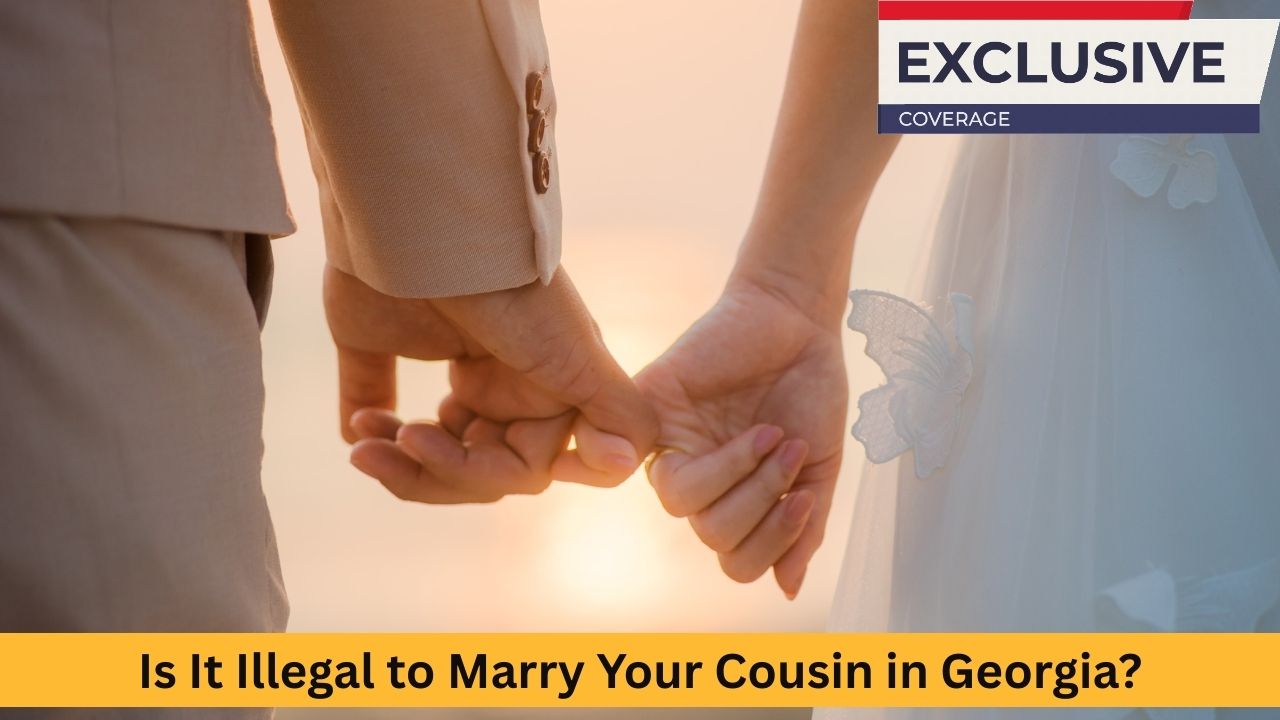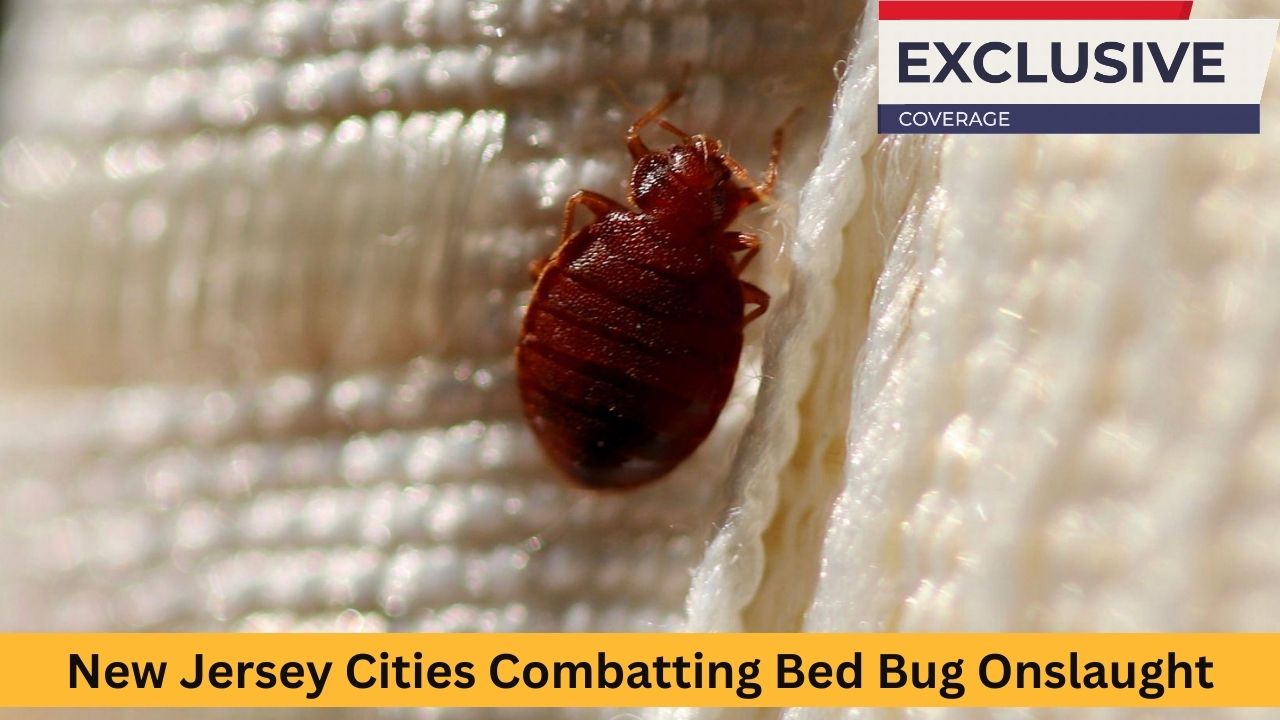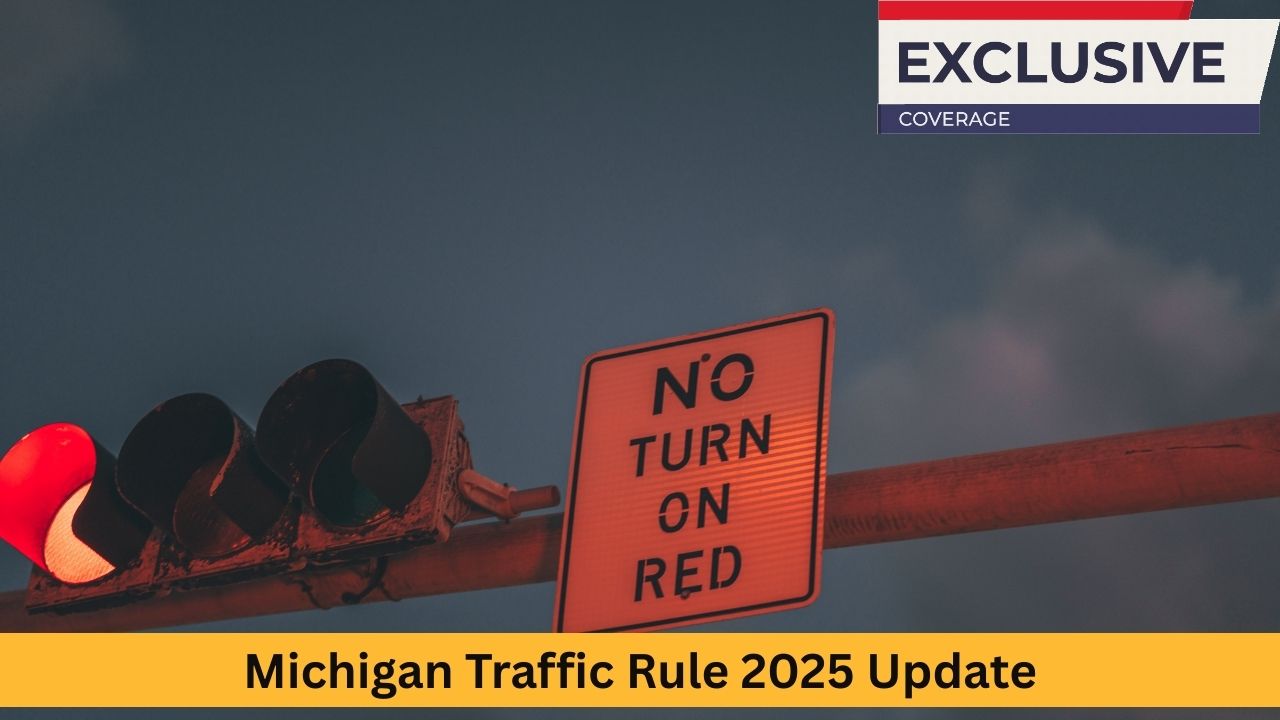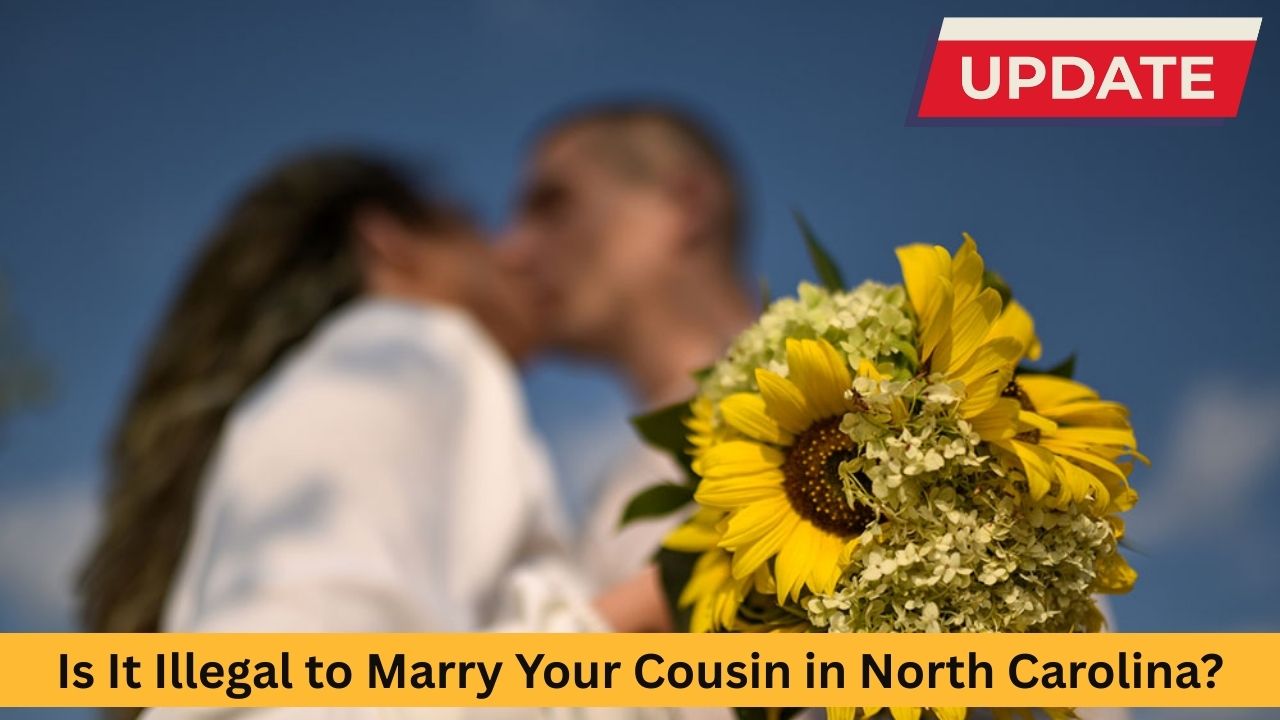The question “Is it illegal to marry your cousin in Georgia?” often prompts surprise and confusion. Many Americans perceive cousin marriages as taboo or illegal—but in the state of Georgia, first-cousin unions are neither criminal nor void. This blog explores the legal landscape, historical context, health considerations, social attitudes, and what moving across state lines might mean. From Atlanta to Savannah, residents may hold misconceptions; this article will clarify Georgia’s laws, compare other U.S. states, and offer insight for anyone contemplating such marriages.
Georgia’s Legal Framework on Consanguinity
Georgia’s marriage laws are outlined under Title 19 of the Official Code of Georgia Annotated (OCGA). Specifically, OCGA § 19‑3‑3 lists relationships that cannot legally marry:
-
Parent and child (including stepparent)
-
Whole or half‑blood siblings
-
Grandparent and grandchild
-
Aunt and nephew
-
Uncle and niece
First cousins are not included in this list. That statutory omission means Georgia allows first cousins—and more distant cousins—to marry. Legal commentary and formal opinions from the Georgia Attorney General have affirmed this stance: since cousins are not statutorily prohibited, their marriages are “legal and proper.” The law also applies equally to dating between cousins; there are no criminal restrictions as long as both parties meet age and consent requirements.
Contrasting Georgia with Other U.S. States
Cousin marriage legality varies widely across the U.S.:
-
Prohibited: About 24 states ban first-cousin marriage outright.
-
Allowed: Approximately 18 states, including Georgia, Alaska, California, Colorado, New York, and Florida, permit first cousins to marry.
-
Conditional: Eight states allow it only under limited conditions (e.g., age threshold, medical infertility proof).
-
Criminalized: In states like Arizona, Nevada, North Dakota, Oklahoma, South Dakota, Texas, Utah, and Wisconsin, marrying a first cousin is considered a criminal offense.
Therefore, Georgia stands among those states with full legality and no conditional caveats. This clarity is crucial for residents in metro Atlanta, Macon, Augusta, and rural counties alike.
Common Misconceptions and Why They Persist
Cousin marriage often sparks astonishment. Here are some reasons myths endure:
-
Genetic concerns: It’s widely believed cousin unions greatly increase birth defect risks—but reality tells a different story.
-
Social taboos: Popular culture (movies, jokes) often employ “cousin” relationships to lampoon dysfunction or backwardness.
-
Legal confusion: A patchwork of state laws creates uncertainty—someone moving from Texas (where it’s illegal) to Georgia might not realize the legal shift.
-
Medical caution: Genetic counselors and doctors may express concern, amplifying fears—especially when such counseling is mandated in other states.
However, in Georgia, there’s no legal requirement for genetic counseling or medical justification, unlike six states that conditionally allow cousin marriage.
Evaluating the Health and Genetic Risks
The genetic risk associated with first-cousin marriages is generally modest:
-
Baseline risk for birth defects in the U.S. overall population is around 3–4%
-
First-cousin union carries an increased risk of about 4–7%
-
Some studies show a 2–3% increase above baseline
-
Risk decreases further with more distant cousin relationships
In cities like Columbus, Athens, or Albany—where educational and medical services are available—couples can consult genetic counselors if they choose. However, Georgia places no legal obligation on such matters, leaving the decision to individuals. Many geneticists argue the increase in risk is comparable to that of older maternal age (35+)—yet only current maternal age is routinely regulated, not family relations.
Historical and Cultural Context in Georgia
Cousin marriage isn’t new—historically, it was common globally. In the U.S., especially among southern families, cousin marriages strengthened wealth, land, and kinship ties. Founding families in Savannah or Augusta regularly intermarried to preserve estates and social status. Over the 19th and 20th centuries, cultural attitudes shifted, shaped by scientific misunderstanding and the spread of more urban, nuclear-family ideals.
Georgia law, last substantively revised in the mid‑20th century, retained its permissive stance—reflecting a conservative emphasis on family autonomy and limited government intervention. That autonomy persists today.
Moving Across State Lines: Recognition Worries
If a cousin couple legally marries in Georgia and relocates, what happens?
-
States that prohibit cousin marriage often still recognize an existing valid marriage performed elsewhere.
-
However, some states explicitly declare such marriages void, even if entered legally.
-
For example, Texas considers them void ab initio.
-
Georgia itself recognizes out-of-state cousin marriages, provided they comply with Georgia’s lack of prohibition.
Thus, couples residing in Marietta, Valdosta, or Athens might maintain marital rights, but those moving to a state like Kentucky or Mississippi should confirm local enforceability—especially for inheritance, tax, adoption, and divorce matters.
Personal and Social Dimensions to Weigh
Legal permissibility is one thing—social acceptance is another. Cousin couples may face reactions varying from acceptance to stigma:
-
In progressive areas like Atlanta’s Midtown or Savannah’s historic district, attitudes may be more tolerant.
-
In rural communities across the state’s southern stretches, familial pressure and local church values may strongly oppose cousin unions.
-
Families themselves can be concerned about ethics, public image, or the potential for gossip.
-
Superstitions about “secretly related” couples or Old South reputations may surface.
Couples often cite “family loyalty” as a double-edged sword: supportive extended family can be a blessing—family disapproval can be deeply painful.
When Legal Advice and Mediated Dialogue Matter
Although Georgia does not require pre-marital counseling or court approval for cousin marriages, some couples may still seek guidance:
-
Family law attorneys in Atlanta, Augusta, and rural counties can clarify guardianship, inheritance, adoption, and divorce implications.
-
Genetic counselors—available at academic centers in Athens (University of Georgia) or the Atlanta Clinical and Translational Science Institute—inform personal risk.
-
Mediators or therapists can help couples and families navigate emotional or social hurdles.
Annulment is not an option based solely on cousin status in Georgia. If a marriage breaks down, it must be dissolved by divorce, not annulment.
Addressing FAQs
Is dating my cousin illegal in Georgia?
No. Dating is private and not covered by incest laws—only prohibited relationships like siblings, parent-child, aunt/uncle.
Can minors marry cousins?
Georgia allows marriage at 18 (adults). At 16–17, marriage is possible with parental and judicial consent—but the cousin relationship isn’t a barrier.
What about first-cousin once removed?
Those cousins still count as cousins. Georgia does not prohibit relationships between any degree of cousin.
What if I live in Georgia but marry a cousin abroad?
If the marriage is legal in the other country and not on the prohibited list (parents, siblings, etc.), Georgia considers it valid.
Statistical Snapshot: Cousin Marriage in the U.S.
| Category | Number of States |
|---|---|
| States banning first cousins | 24 |
| States allowing freely | 18 (incl. GA) |
| Conditional allowance | 8 |
| Criminal status | 8 states |
Nationwide, cousin marriage is relatively rare—fewer than 1% of marriages involve first cousins, and rates drop sharply outside certain immigrant communities or rural settings. In Georgia, no current local data suggests widespread cousin marriage, but the legal option remains available.
Why Georgia’s Law Matters Today
Understanding the legality of cousin marriage in Georgia is important for several reasons:
-
Respect for individual freedom: Couples can choose without fear of legal consequences.
-
Clarity for mixed-state couples: Knowing Georgia’s stance helps when relocating.
-
Awareness of health vs. legal risks: Couples can seek medical guidance without presumption of illegality.
-
Navigating modern family dynamics: In an era of blended families, step‑siblings, and wide-reaching kinship, understanding what the law permits is empowering.
Conclusion: Legal, Nuanced, and Individual
Yes—it is legal to marry your first cousin in Georgia, from Atlanta suburbs to small townships like Gainesville or Brunswick. The law defines only a few prohibited relationships; cousins aren’t on that list. While concerns about genetics and social acceptance exist, the legal pathway is clear and open.
If you’re considering marrying a cousin, these steps are helpful:
-
Confirm your exact relationship degree under OCGA guidance.
-
If desired, seek genetic counseling from Athens or Atlanta resources.
-
If relocating, research cousin marriage laws in the new state.
-
Engage with trusted family, therapists, or mediators to handle emotional or cultural concerns.
-
Consult a Georgia family law attorney for practical matters like wills, inheritance, adoption, or divorce.
Ultimately, Georgia law affords adults the freedom to marry cousins if they choose. Legal acceptance stands in many parts of the country—even as the social conversation continues to evolve.
Final Takeaway
Georgia treats cousin marriage as a legal, non-problematic family matter—so long as you’re not marrying a parent, child, sibling, grandparent, aunt, or uncle. The broader implications—health, family dynamics, interstate recognition—require thoughtful attention, not legal prohibition. Understanding that nuance empowers individuals to make informed, respectful, and lawful choices about their relationships.












Leave a Reply